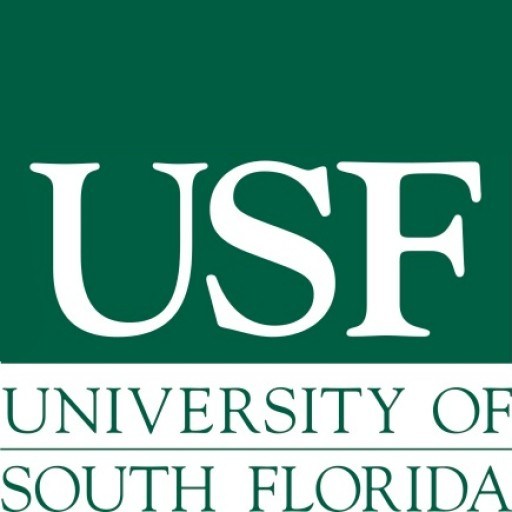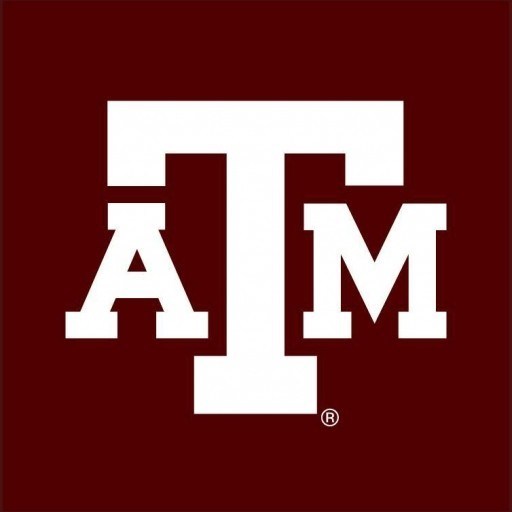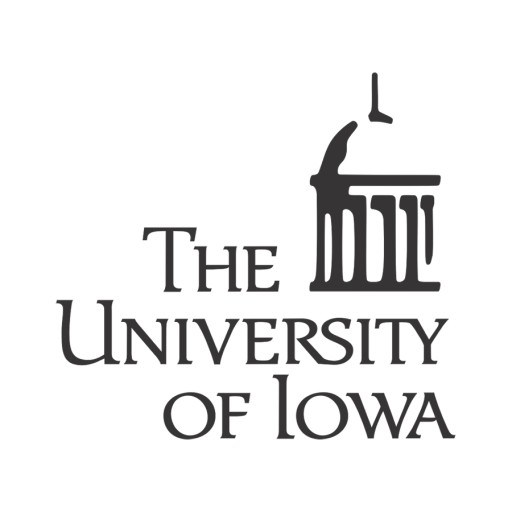Photos of university / #Princeton
The Princeton University Bachelor of Science in Computer Science offers students a comprehensive and rigorous curriculum designed to prepare them for leadership and innovation in the rapidly evolving field of computing. This program combines foundational principles with advanced topics, ensuring graduates develop both strong theoretical understanding and practical skills. Students begin with core courses in programming, algorithms, and systems, establishing a solid base for more specialized studies. As they progress, they have the opportunity to explore a wide range of areas such as artificial intelligence, machine learning, data science, computer graphics, human-computer interaction, cybersecurity, and software engineering. The program encourages a balance between theory and application, fostering critical thinking and problem-solving abilities essential for tackling complex challenges in technology.
Princeton’s intimate learning environment, characterized by small class sizes and close faculty interaction, enables personalized mentorship and high-quality research opportunities. Undergraduates are encouraged to participate in cutting-edge research projects, often collaborating with faculty involved in pioneering work. The curriculum also emphasizes interdisciplinary approaches, enabling students to integrate computer science with fields like mathematics, engineering, and cognitive science. In addition to coursework, students are encouraged to engage in internships, research assistantships, and independent projects that enhance their practical expertise and prepare them for careers in industry, academia, or entrepreneurship.
Throughout the program, students develop critical skills in analytical thinking, systematic design, and effective communication, all vital for success in the technology sector. The curriculum is regularly updated to include emerging topics and technologies, ensuring students are well-prepared for future developments. Graduates of this program leave with a strong foundation in both theoretical concepts and practical applications, equipped to innovate and lead in various technology-driven industries or pursue advanced studies. Princeton’s commitment to academic excellence and its vibrant intellectual community make its Computer Science Bachelor's program a premier choice for aspiring computer scientists seeking a challenging and enriching educational experience.
Courses:
All coursework must be taken for a grade. A minimum of 4 courses must be taken in year 1. If, due to scheduling conflicts, this is not possible, approval by the director of graduate studies is required. In no event will time to degree be extended beyond two years.
Candidates choose a subarea of computer science on which to focus by taking appropriate courses, and writing a thesis under the direction of an adviser. Course requirements are fulfilled by taking six courses for a grade, at least three of which must be 500-level courses. The other eligible courses are 318, 320, 326, 375, or any 400-level course. Relevant courses from outside the department may be taken with adviser's consent. Candidates must maintain a B average, with no more than one C allowed. In order to be readmitted for a second year, candidates must have a confirmed thesis adviser and preliminary thesis proposal by the end of the first year.
Teaching:
Master’s program is fully funded by teaching assistantships. Masters students are required to T.A. each semester that they are enrolled.
Thesis:
Candidates must prepare and submit an original thesis as well as present a public seminar on the research. The thesis will be reviewed and graded by the student’s adviser plus one additional reader from the Princeton faculty. If the reader is from outside the Department of Computer Science, approval by the director of graduate studies is required. The public seminar is an ungraded 20-minute talk, followed by a 10-minute question session, given in the spring of year 2. This will allow the student’s adviser and reader to give preliminary feedback prior to submission of the final thesis.
The written thesis should be a research paper of "scholarly quality" -- making a novel contribution to scholarship in the field. The thesis should motivate the chosen research problem, evaluate the proposed solution (e.g., via analysis, measurement, simulation, or prototype implementation), and compare the approach to the related work in the field. While there is no specific length requirement, a reasonable target is a typical conference paper (e.g., 10-15 pages in two-column format or 20-40 pages in single-column, double-spaced format). Due date will be Dean's Date in the spring term of year 2. After being graded, four copies of the final version must be submitted to the department: two bound copies, following the formatting guidelines from Mudd Library, one unbound hard-copy, and the fourth as a .pdf file.
Please note: Candidates electing to switch to the M.Eng degree track must complete a total of eight courses over two years, and are not required to submit a thesis. Three of the eight must be 500-level, and the additional courses may be chosen from 318, 320, 326, 375, or any 400-level course. Relevant courses from outside the department may be taken with adviser's consent. All courses must be taken for a grade. Candidates must maintain a B average, with no more than one C allowed.
- Statement of Academic Purpose
- Resume/Curriculum Vitae
- Recommendation Letters
- Transcripts
- Fall Semester Grades
- Prerequisite Tests
- English Language Tests
- Statement of Financial Resources
- Applicants are required to select a subplan when applying.
The Computer Science program at Princeton University offers a comprehensive and flexible financing structure to support students throughout their academic journey. Princeton University is committed to ensuring that financial barriers do not prevent talented students from pursuing their educational goals. The institution provides substantial financial aid packages that meet 100% of demonstrated financial need for all admitted students, including those enrolling in the Computer Science program.
Financial aid at Princeton is primarily need-based, and the university does not offer merit-based scholarships. To assess a student's financial need, Princeton reviews all financial information submitted through the Free Application for Federal Student Aid (FAFSA), the CSS Profile, and other supporting documentation. Once need is determined, Princeton commits to covering the gap between the family's contribution and the total cost of attendance, which includes tuition, fees, housing, living expenses, books, and supplies.
The university's financial support includes grants, which do not require repayment, thus reducing the debt burden on graduates. For students in the Computer Science program, this means they can focus on their studies and research without the stress of financial hardship. International students are also eligible for Princeton’s generous financial aid, making the Computer Science degree accessible to students from around the world.
Princeton’s financial aid policies are designed to be transparent and straightforward. The university automatically considers all admitted students for institutional aid, and there are no additional scholarship applications needed once admitted. The financial aid office offers personalized assistance to help students understand their financial options and navigate the application process. Furthermore, Princeton provides a variety of work-study opportunities, allowing students to earn income through on-campus jobs that are compatible with their academic schedules.
In addition to the university’s direct financial aid, students may seek external scholarships and fellowships, although these are not a requirement for receiving Princeton’s aid packages. The institution’s financial support is renewable annually, provided students remain in good academic standing and demonstrate ongoing financial need.
Overall, Princeton’s financing studies policy aims to foster an inclusive academic environment where talented students can thrive regardless of their financial background. The ability to secure full financial aid ensures that students in the Computer Science program have access to world-class education and resources without the burden of excessive debt, enabling them to pursue their academic and professional ambitions with confidence.
The Bachelor in Computer Science at Princeton University is a rigorous undergraduate program designed to provide students with a comprehensive foundation in the theoretical and practical aspects of computing. The curriculum emphasizes both the mathematical principles underlying computer science and the application of these principles to real-world problems. Students are introduced to core topics such as algorithms, data structures, systems, theory, and programming languages, enabling them to develop strong analytical skills and technical expertise.
In addition to foundational courses, students have opportunities to specialize in areas such as artificial intelligence, machine learning, computer graphics, computer vision, robotics, and security. The program encourages interdisciplinary approaches, allowing students to combine courses from other departments such as mathematics, electrical engineering, and cognitive science to enrich their understanding and broaden their perspective.
Princeton’s computer science program also offers research opportunities, internships, and projects that enable undergraduates to engage actively with cutting-edge technology and scholarly inquiry. The university’s close-knit academic community facilitates collaboration between students and faculty, many of whom are leading researchers in the field.
Princeton’s modern computer science facilities include dedicated laboratories, computing resources, and access to high-performance computing clusters. Students are supported by various mentoring programs, career services, and student organizations that promote professional development and networking within the tech industry.
Graduates from Princeton’s Computer Science Bachelor’s program are well-prepared for careers in software development, data science, research, and a range of technological fields. Many alumni go on to pursue advanced degrees or secure positions in top tech companies, research institutions, or entrepreneurial ventures. The program’s rigorous academic environment, combined with its emphasis on innovation and interdisciplinary study, makes it one of the leading undergraduate computer science programs in the world.










